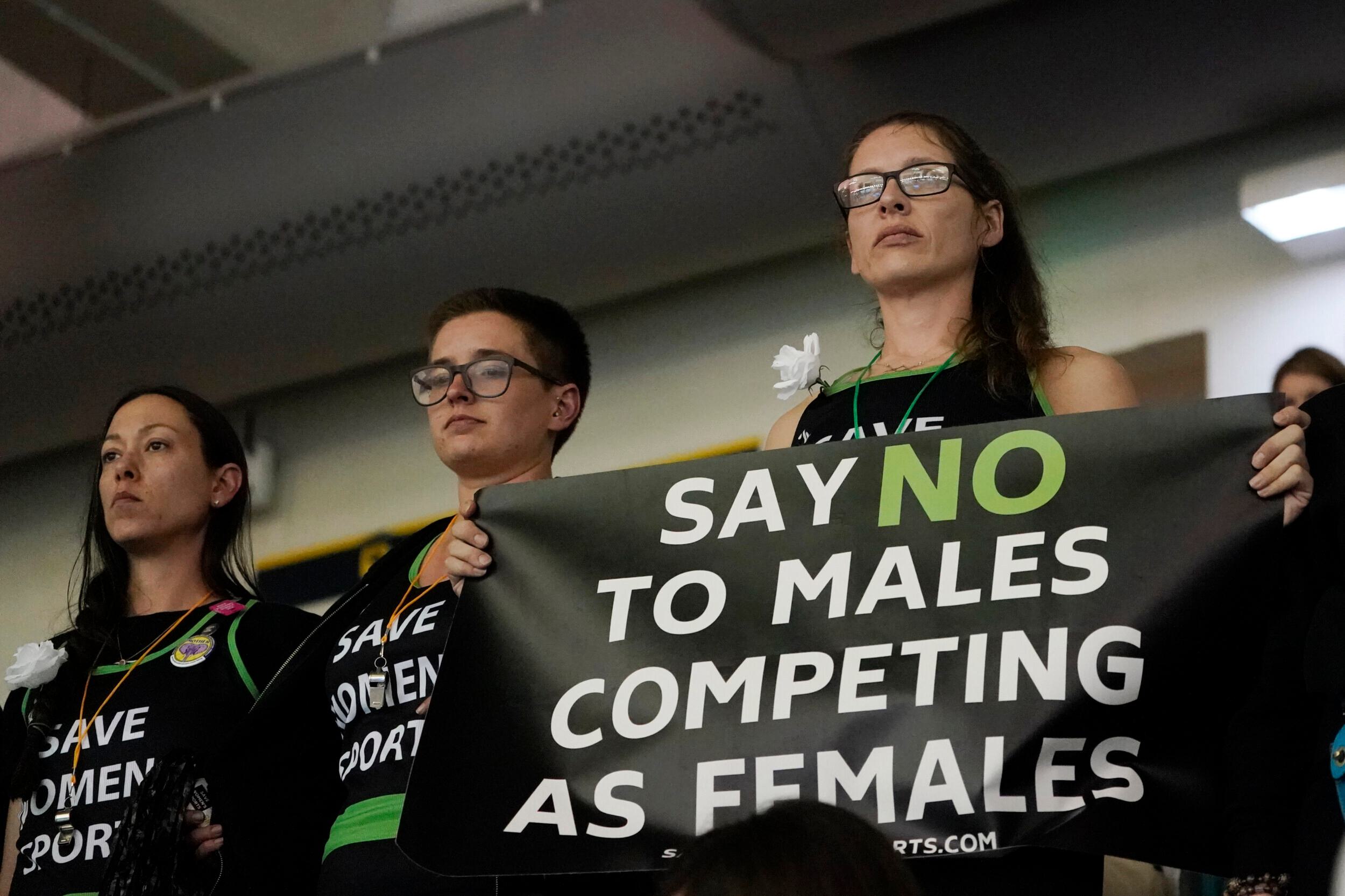State Rep. Susan DuBose (R-Hoover) has introduced legislation to prevent transgender college athletes from competing in sports not designated for their biological sex.
Alabama law prohibits individuals from participating in sports teams that do not correspond to their biological sex in all public K-12 schools. However, university athletics are governed by the National Collegiate Athletic Association (NCAA).
House Bill 261 (HB261) would require all public two-year and four-year institutions of higher education to prohibit biological males from participating in athletic teams or sports designated for females and vice versa.
The bill currently has 39 co-sponsors from GOP lawmakers in the House.
"This is really in my mind; this is a bipartisan issue," Dubose said. "It's about protecting Women's rights. I just feel like, in Alabama, this is something we can all agree on. I'm not trying to exclude somebody. I'm trying to protect women."
She continued, "These women could be semi-professional athletes; they have worked their whole careers. And they have gone on to college to gain scholarships, and they're in a position where they can make lifelong accomplishments and become record-holders. So, to have a trained female athlete up against a male that has a completely different body structure, that's taller, that's stronger, that's more muscular. Can you imagine how deflating that would be for a woman that has trained?"
In January 2022, the NCAA developed new rules for transgender participation in college athletics, taking a sport-by-sport approach.
The updated NCAA policy calls for transgender student-athlete participation for each sport to be determined by the policy for the national governing body of that sport. If there is no policy for a sport, it would then be determined by the policy for that sport's international federation. If there is no international federation policy, it would be determined by the criteria established by the International Olympic Committee.
According to Dubose, 14 other states have enacted similar restrictions without retribution from the NCAA or universities.
"I've got a list of at least 125 NCAA events that have taken place and will take place between 2022 and 2026 in states that have passed women's collegiate sports protection."
Alabama House Speaker Nathaniel Ledbetter said he supports the bill, anticipates broad support from lawmakers, and expects a floor vote.
"I think there will be support for it," Ledbetter said. "You know, the thing about it is, I heard this morning that women's rights folks were coming out now, and I wondered where they'd been because the transgenders being involved in women's sports; that's just not right. I mean, you know, I don't think that in our society, that works. Most of the time, males are bigger and stronger. That's just how God made them."
To connect with the author of this story or to comment, email craig.monger@1819news.com.
Don't miss out! Subscribe to our newsletter and get our top stories every weekday morning.










